We understand the role that “poop eating” (cecotropes eating) plays in your rabbit’s overall health; you can apply this information to your routine to keep your rabbit feeling happy and healthy. Here are a few simple steps to prioritize your digestive health…
Feed a Balanced Diet:

Feeding a balanced diet is one of the best things any pet parent can do for their pet, regardless of their age, size, or species. Many great high-quality pellets are available for your rabbit, but that alone isn’t enough to meet their dietary needs. They should also be provided fresh fruits and vegetables, especially green, leafy vegetables, and plenty of grass hay, like timothy hay.
Failing to provide everything your rabbit needs nutritionally can result in a long list of health problems, including chronic diarrhea, obesity, nutritional deficiencies, and the development of heart, liver, or kidney disease.
Contact your local small animal vet if you’re unsure about the proper portion sizes or if your rabbit’s diet is appropriate for their size, age, and lifestyle. They will help you formulate a diet that fully satisfies your rabbit’s needs and prepares them for a long, healthy life.
Keep Your Rabbit Well Hydrated:

Dehydration can trigger many digestive problems in your rabbit. This means that the easy solution is to encourage proper hydration. Try offering various water options to find what your rabbit prefers most. Some rabbits prefer a water bottle, while others would rather drink from a dish. You can also experiment with different materials, like a plastic water dish versus a stainless-steel water dish. When you identify your rabbit’s preferences, lean into them and use them to encourage better hydration.
Monitor Their Poop:
Okay, that sounds funny. Who wants to monitor their pet’s poop? But your rabbit’s waste can tell you a lot about their health. When cleaning their cage or litterbox, remember what has been left behind. You should see light brown, dry fecal pellets. If there are none, this could be a sign your rabbit is either constipated or eating them.
Additionally, take note if there are any cecotropes left behind. This could indicate that your rabbit isn’t eating them like they should. This would mean that they aren’t getting the necessary nutrients, bacteria, and fungi that they contain, which could lead to serious health complications if it continues.
Maintain a Healthy Body Weight:

You have likely heard that we are experiencing an obesity crisis, but humans aren’t the only ones facing that struggle in our society! Veterinarians report that many pets are also packing on extra pounds, which can trigger or worsen any existing health problems they are facing.
In addition to contributing to conditions like arthritis, diabetes, and heart disease, obesity can also prevent your rabbit from being able to reach to eat their cecotropes. Returning to the previous point can lead to long-term health complications due to digestive issues or nutritional deficiencies.
Do you have a rabbit that is looking a little pleasantly plump? Talk to your veterinarian to make a weight loss plan. This may include changing your rabbit’s diet and encouraging more physical activity. If you have a rabbit that likes to lounge all day, it’s time to experiment with different enrichment toys and activities to discover what works best to get them moving!
Get Your Rabbit Moving:
Speaking of physical activity, did you know encouraging your rabbit to be more active could positively impact their digestive performance? Physical activity helps to get the blood flowing and, as a result, helps to boost many of the body systems, including the digestive system.
Prioritize Dental Health:

While discussing digestive health, one piece of the puzzle is often overlooked – your rabbit’s teeth! If they are experiencing tooth pain or problems, it can prevent them from being able to eat as they would normally. Not eating enough means not getting the nutrition necessary for their daily needs.
Unlike other pets, like dogs, you don’t need to actively clean your rabbit’s teeth with a toothbrush and toothpaste. But that doesn’t mean that there isn’t ongoing maintenance to consider.
One of the best things you can do for your rabbit’s dental health is to provide them with something safe to chew. This will not only clean any plaque and tartar off the teeth but also help to wear them down naturally. If they aren’t allowed to wear their teeth down, they will continue to grow until they become problematic.
For some rabbits, toys and sticks for chewing aren’t enough. If this is the case, you may need to make an appointment with your vet routinely to have their teeth trimmed. Do not attempt to do this at home. Your veterinarian has specialized equipment to complete this quickly and painlessly, avoiding unnecessary stress and discomfort. This is usually relatively budget-friendly. If you’re concerned about cost, speak with your vet to better understand your options.
Final Thoughts:
Whether you are a first-time rabbit owner or just noticing this behavior, seeing your rabbit eating their waste can be concerning. However, once you understand how their digestive system works and the critical role of cecotropes in their overall health and well-being, you can rest assured that a rabbit eating their waste is a good thing in almost all cases.
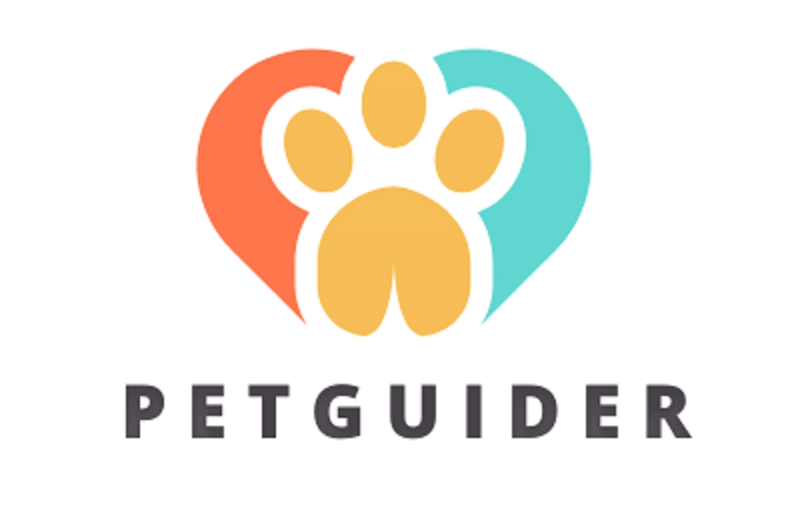

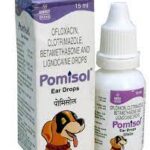


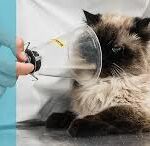


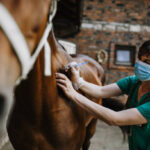






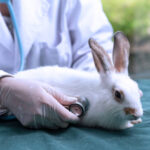
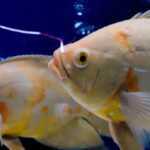

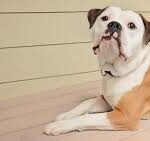
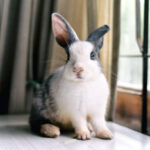

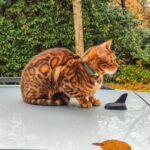
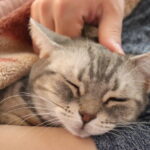





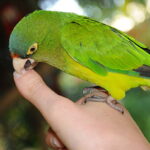








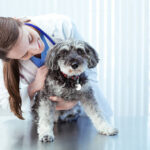




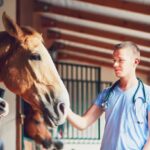



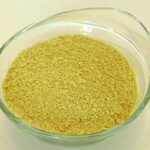










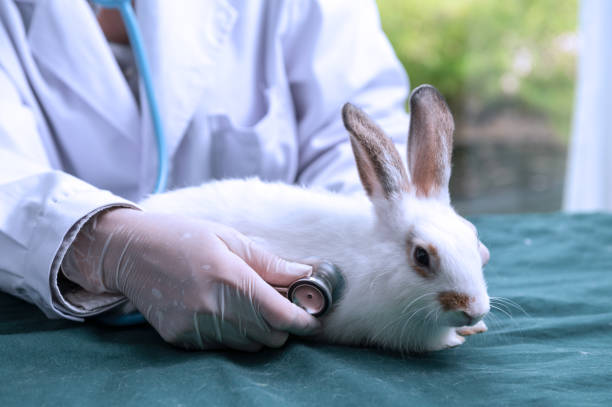
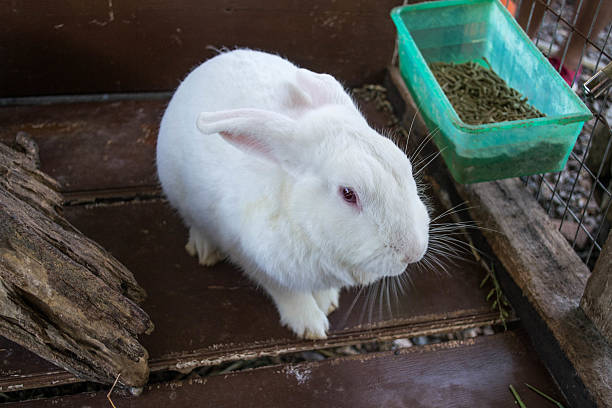
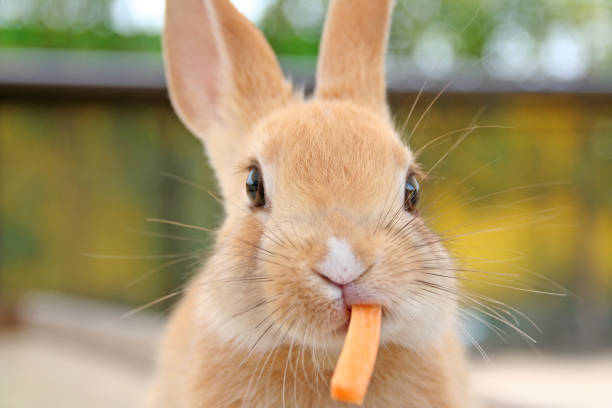
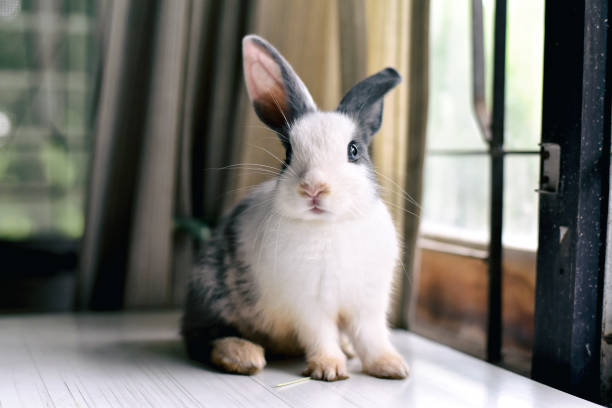
One thought on “Guidelines to Optimize Your Rabbit’s Digestive Health”